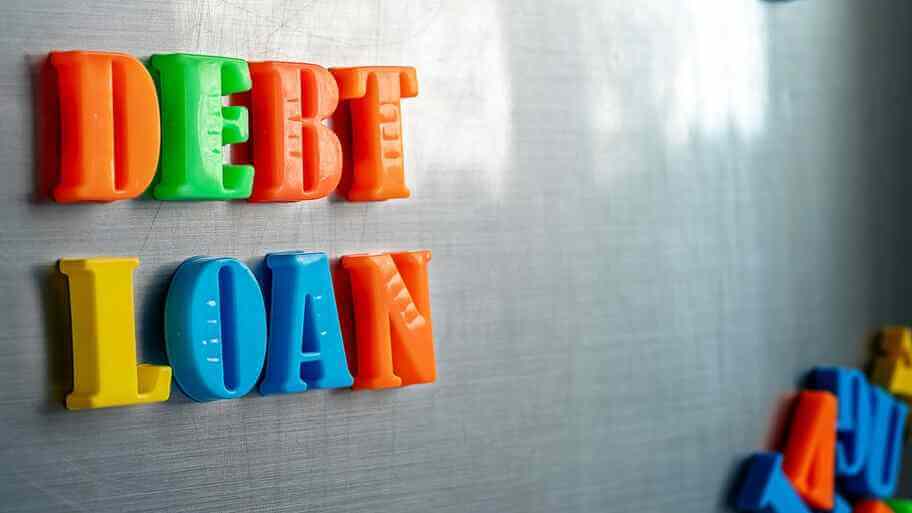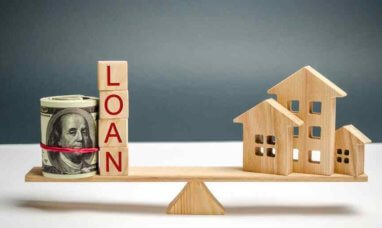If you have borrowed money and are struggling to pay it back, you may be wondering what happens if you default on a loan. At times it may seem like there is no other option.
Defaulting on a loan can feel scary, but there are always solutions. That being said, there are always consequences of defaulting on a loan. This article will explain what happens when you default on a loan and outline other options and tips to avoid default.
When Is a Personal Loan in Default?
Failing to meet your payments as outlined in a loan agreement exposes you to legal action from the lender. Defaulting on a loan occurs when you fail to make your due payments in time.
When your monthly payment is at least 30 days overdue, then you have defaulted. At this point, you may receive a debt collection letter. These letters come from debt collection companies who act on behalf of the lender and attempt to recover the outstanding funds.
What Are the Consequences of Defaulting on a Loan?
There is a difference between presenting your “failure to make payments” and just plain “defaulting” for the bank and other lenders. If you are not careful, there are serious negative consequences to defaulting on a personal loan.
-
-
- Can you get sued?
- Will your wages be garnished?
- How will defaulting affect your credit score?
-
Here are some of the main consequences you may face for defaulting on a loan:
Reduction of Credit Score
When you default, your credit score takes a serious hit. How much your score drops depends on how long you are past due.
For instance, making a mortgage payment two months late can drive your score down considerably. If you take a long time to make the payment, it will take quite some time for your credit to recover. So, even after you have defaulted, it is important to make the payment as soon as possible.
Bad credit can make it difficult to rent a property or get employed, among other things. A bad credit score can also make loans expensive.
Confiscation of Loan Security
When you default, your lender may ignore your legal rights in an attempt to recover what’s rightfully theirs. If you have valuable assets, the lender can take any property you listed as loan security and sell them to cover your outstanding loan. In this case, you could lose your car, land title, or other valuables that you listed as collateral on your loan.
Lien Placed on an Asset
If your loan is unsecured, the lender can take you to court to place a lien on an asset such as your home. This means that the lender will have a stake in your home or property and be able to limit what you do with it. For instance, you cannot sell the property or secure a loan against it.
Your Guarantors May Pay
A guarantor is someone who agrees to pay on your behalf in case you default. If you default on the loan repayment, the lender will hold the guarantors responsible for repaying your loan. Defaulting could therefore cause tension between you and your guarantor.
Your Wages May Be Garnished
A lender can take you to court to have your wages garnished. This means that your employer will be ordered to send part of your wage directly to the lender to pay off your loan.
Can a spouse’s wages be garnished? If you have a spouse and you have joint assets or file jointly, chances are the lender can garnish their wages if yours are not sufficient or accessible.
Interest on Loan Default
Some lenders add multiplying penalties on late loan payments. This approach makes it increasingly expensive for the defaulter in the long run.
What to Do if You Face Loan Default
Generally, defaulting on a personal loan has severe and far-reaching consequences. You should be able to prevent these effects beforehand by reaching out to your lender in good time. Here are some actions you can take to avoid the consequences of defaulting on a loan:
Meet the Lender and Renegotiate Terms
Reach out to the lender before the payment date. If you explain your situation to the lender, they may give you some reprieve. For example, they may allow you to defer the loan payment so that you have time to re-organize your finances.
Be Conversant with Your Rights
Know your personal loan defaulter rights as outlined under the Fair Debt Collection Practices Act (FDCPA). Debt collectors can sometimes use illegal avenues while trying to collect debts if you appear naive.
Threats and harassment are illegal. If you are being harassment, you have the right to contact the Consumer Financial Protection Bureau or your state’s attorney general.
Find an Attorney
If you have received a court sermon, contact your lawyer to determine the next course of action. if you don’t appear in court, you will automatically lose the case.
Contact a Debt Counselor
If you need help managing your debt, a credit counselor can give you professional advice. They will help you create a debt repayment plan, set a budget, or negotiate your debt with creditors to pay less than the entire balance owed.
Seek Help from Friends and Family
If possible, talk to friends or family to see if they are willing to loan you money to help pay off your debt. Owing money to your friends or family as opposed to creditors can save you lots of money in interest and help you avoid the consequences of defaulting. Of course, you should make sure you have a plan to pay back your friend or family member so as not to strain your personal relationships.
Enquire with Your Employer
If employed, talk to your company’s representative, preferably your human resource manager. Inquire if the company has a policy to cushion employees who have loans and are facing default.
Final Thoughts
There are various reasons you might default on a loan, and knowing what they are can help you avoid this outcome.
When you take out a loan, you enter into an agreement outlining the terms of repayment. If you fail to adhere to the repayment plan, your lender has the right to take legal action against you.
When faced with default, there are several avenues you should explore to avoid the serious consequences of this action.
Featured Image: Twenty20








